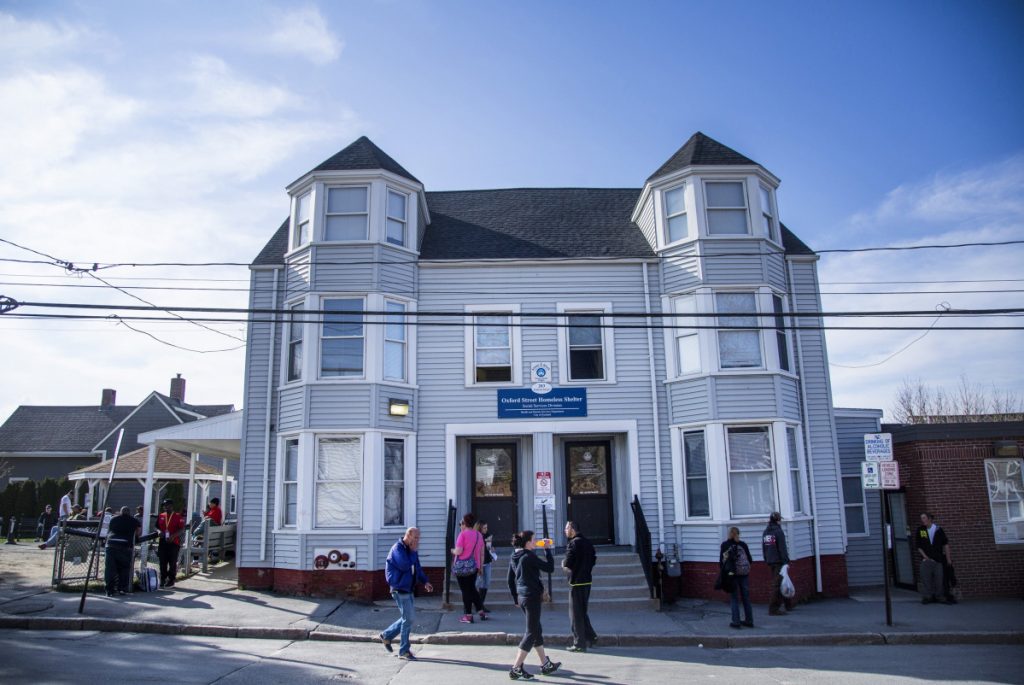As it turns out, one of the best solutions to homelessness is finding someone a home. Who could’ve guessed it?
The theory behind such “housing first” programs is a little more complicated than that, but not much. In a reversal of previous initiatives, the idea is to put the chronically homeless in housing first, allowing them to address the factors that contribute to long-term homelessness — most often mental illness or substance use disorder — from a place of stability.
The good news is, it works. The bad news is, the programs are almost entirely unavailable outside of Portland, the Press Herald reported last week.
That’s just one way in which Maine’s largest city has been left to deal largely alone with the state’s homeless. It has strained city resources and brought on local arguments over whether city services to the homeless should be diminished.
Meanwhile, it has left people on the streets or pushed them far from their home communities.
“Housing first” began in New York City in the early 1990s. Portland opened its first development in 2005 and has since added two more, the last a 30-bed home in 2017. The housing in Portland consists of small, furnished apartments with communal kitchens and laundry, overseen by a 24-hour staff to help connect residents with the services and treatment they need.
The Portland sites have been developed by Avesta Housing and are staffed by Preble Street. They were built with various funding sources, including tax incentives, grants and loans. Residents are required to pay up to 30 percent of their income toward rent, a lot of which is covered by housing subsidies.
After opening the first site, the city instantly noticed a drop in numbers at its shelter, and subsequently found the program reduced nights in jail, hospital emergency visits, and contacts with police among the development’s residents.
The success has generated a number of bills in the Legislature that would expand housing first opportunities.
And the experience tracks with what’s been found around the country and in Canada. Housing first, the research says, keeps people off the streets and lowers costs of shelter, medical care and law enforcement.
One Colorado group put the savings at $15,750 per person per year. Another study found that in a traditional anti-homeless initiative, in which participants work through therapy and transitional housing first, 69 percent of participants ended up back on the streets after one year; in housing first, it was 27 percent. In rural Vermont, there was an 85 percent housing retention rate with housing first.
But good luck getting into a housing first apartment outside of Portland.
Community Housing of Maine maintains scattered housing for the long-term homeless among its 1,000 units for vulnerable Mainers throughout the state; 114 of their residents were considered long-term shelter stayers.
But that’s not nearly enough. In 2015, there were 262 chronically homeless people at Maine shelters. It’s unhealthy for them, and costly for taxpayers.
It is counterproductive and unfair, too, to force the chronically homeless to go to Portland for help, either to get into housing first or to access all the services for the homeless that have followed the homeless population there.
It’s time to spread “housing first” outside of Portland. Homelessness is a statewide issue, and it deserves a statewide solution.
Send questions/comments to the editors.



Comments are no longer available on this story